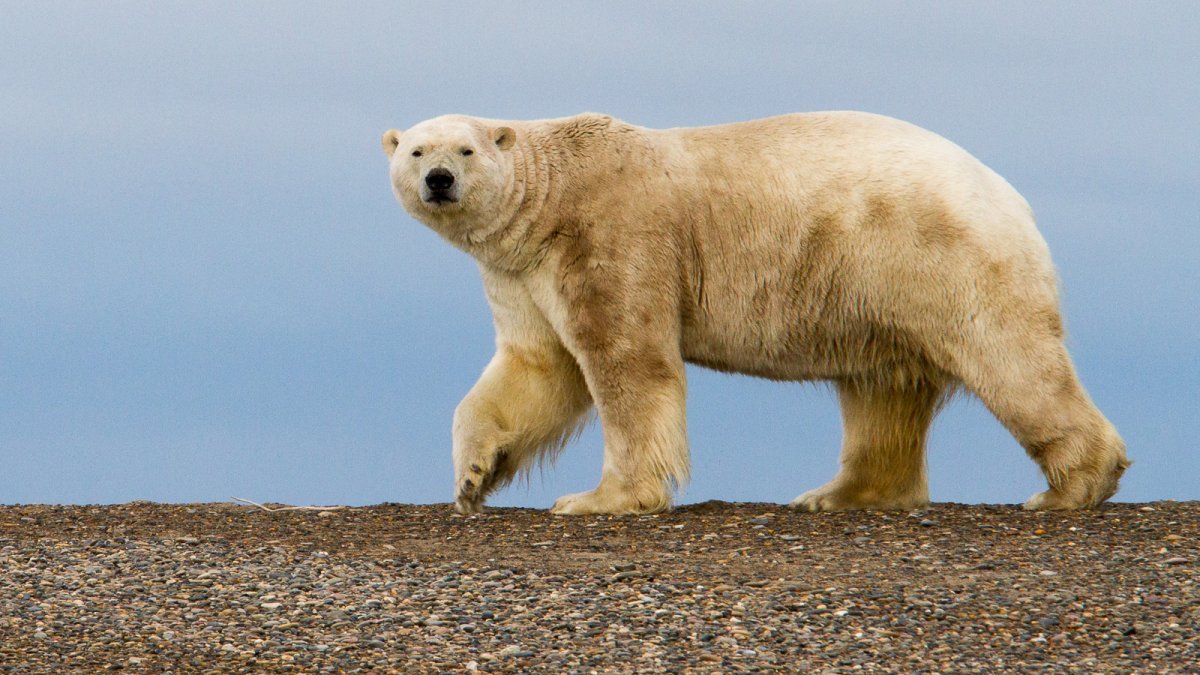No products in the cart.
Outdoor Adventure
Good News: Trump’s ANWR Oil-Lease Sale Was a Failure
On Wednesday, while a mob of domestic terrorists stormed the U.S. Capitol, something else undemocratic was going on: the Trump administration was holding the first-ever sale for oil leases in the Arctic National Wildlife Refuge (ANWR). And, like the attempted coup, it was a complete failure—one that’s likely to lead to permanent protections for the country’s last unspoiled wilderness.
“Today’s sale reflects the brutal economic realities the oil and gas industry continues to face after the unprecedented events of 2020, coupled with ongoing regulatory uncertainty,” said Kara Moriarty, president and CEO of the Alaska Oil and Gas Association, an industry advocacy group, in an emailed statement.
The auction raised just $14.4 million, falling well short of the $1.8 billion the Department of the Interior forecast last January. Only 11 of the 22 tracts offered sold, approximately 550,000 of the one million acres put up for sale. Proceeds will be split between the federal government and the state of Alaska.
Drilling in ANWR was authorized by Congress in 2017 as part of the Trump administration’s tax cuts. Proceeds of the lease sale were supposed to help offset revenues lost to those cuts. That has obviously failed to happen.
The Alaska Industrial Development and Export Authority (AIDEA)—an entity of the state government—purchased nine tracts. Mark Graber, a real estate investor, purchased one. And Regenerate Alaska, a subsidiary of an Australian energy company, also purchased a single 23,000-acre tract. No major oil company participated.
The sale’s poor performance was widely predicted. Following pressure from the public, and given both the extreme expense of developing extraction operations in the remote area and the environmental impacts of doing so, all major American banks announced they would not offer any funding for drilling in ANWR.
The AIDEA plans to sit on its leases, with the goal of making them available to oil companies, should any of them express an interest. “By acquiring these tracts, Alaska preserves the right to responsibly develop its natural resources,” said Alan Weitzner, the organization’s executive director, in an announcement accompanying the sale. It’s unclear if Graber (the real estate investor) or Regenerate Alaska have the funds to develop the tracts they purchased on their own, or if they, too, are hoping to attract outside investments or simply resell them.
Those leases could prove to be very temporary. With Democrats taking control of both houses of Congress, the Biden administration will be able to stall development or even buy the leases back. Representative Jared Huffman, a Democrat from California, has already announced that he plans to push for permanent protection of ANWR, and both President-elect Biden and his nominee for secretary of the interior, Deb Haaland, are on record as opposing drilling there.
The timing of the failed lease sale, rushed through by the DOI at the eleventh hour, along with the incoming administration’s stated desire to protect ANWR, could represent the end of the 40-year long fight over drilling in the 19.6-million-acre refuge. Drilling proponents had hoped ANWR might contain billions of barrels of oil. Opponents argued that the environmental costs of drilling there were simply too high. ANWR’s coastal plain, where these leases are located, is home to the most imperiled polar bear population in the Arctic and is a crucial habitat for other animals like caribou and migratory birds. Climate change caused by fossil-fuel emissions already threatens the area, something that could worsen by burning any oil present beneath the surface.
In a statement, Adam Kolton, executive director of the Alaska Wilderness League, said, “We have long known that the American people don’t want drilling in the Arctic refuge, the Gwich’in people don’t want it, and now we know the oil industry doesn’t want it either.”
Support Outside Online
Our mission to inspire readers to get outside has never been more critical. In recent years, Outside Online has reported on groundbreaking research linking time in nature to improved mental and physical health, and we’ve kept you informed about the unprecedented threats to America’s public lands. Our rigorous coverage helps spark important debates about wellness and travel and adventure, and it provides readers an accessible gateway to new outdoor passions. Time outside is essential—and we can help you make the most of it. Making a financial contribution to Outside Online only takes a few minutes and will ensure we can continue supplying the trailblazing, informative journalism that readers like you depend on. We hope you’ll support us. Thank you.
Lead Photo: Arthur T. LaBar/Creative Commons
Source link

